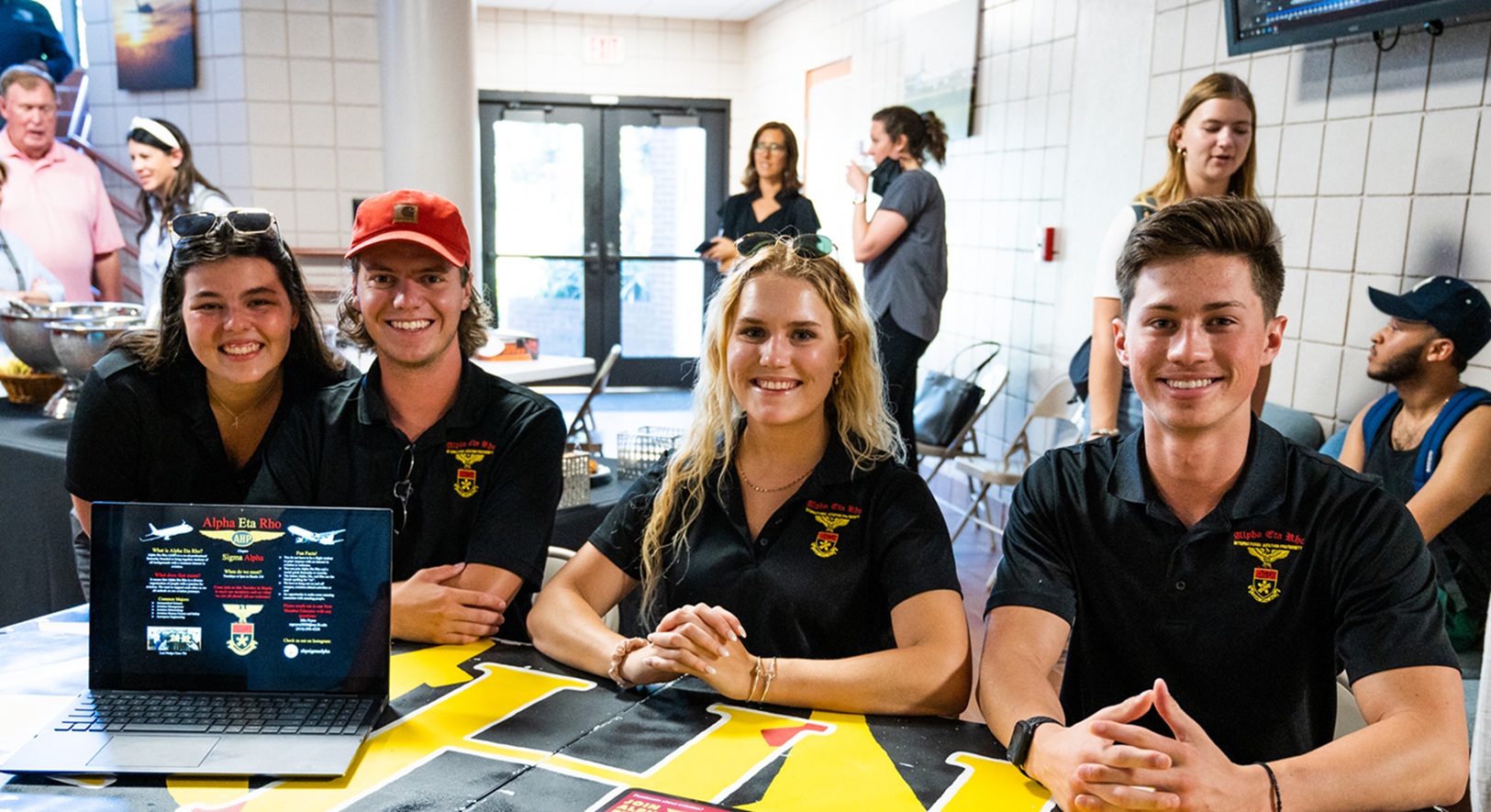Plan Your Route To Becoming an Aircraft Dispatcher
How do I become an aircraft dispatcher?
- Complete the 200 hours of FAA-required training (included in the A.S. Flight Operations and Dispatch program)
- Pass the FAA Knowledge Exam (written)
- Pass the FAA Practical Flight Planning Test and oral exam with a designated FAA examiner
- Receive your permanent aircraft dispatcher certification from the FAA!
The FAA certification is permanent, and you will not need to recertify. No medical license is required for this certification.
Important: Per FAA requirements you must be at least 21 years old to take the FAA exams. You must be at least 23 years old to work as an aircraft dispatcher.

 Give to Florida Tech
Give to Florida Tech 


